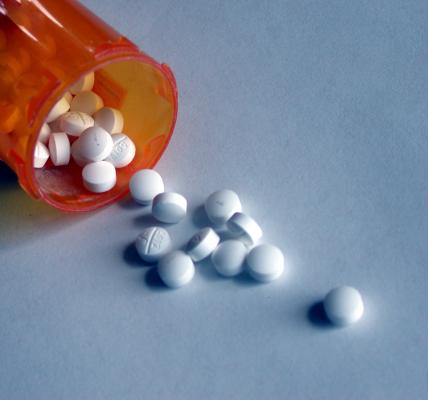
December 17, 2015 — The ROCKET AF Clinical Trial Executive Committee announced its secondary analysis of the phase III trial (ROCKET AF) of the oral anticoagulant rivaroxaban. The analysis was prompted by a December 2014 U.S. Food and Drug Administration (FDA) recall of a device used in the study.
From 2006 to 2010, the ROCKET AF trial studied rivaroxaban as compared with warfarin for the prevention of stroke and systemic embolism in patients with atrial fibrillation and at increased risk for stroke. Following completion of the trial and rivaroxaban's initial FDA approval in 2011, the FDA issued a recall of the Alere INRatio and INRatio2 PT/INR Monitor system used in the trial to measure INR blood clotting levels for certain patient populations.
In order to understand the effect the possible malfunctioning of the device might have had in specific patient groups, the ROCKET AF Executive Committee and the Duke Clinical Research Institute conducted a secondary analysis of the trial findings.
The findings from the analysis are consistent with the results from the original trial and do not alter the conclusions of ROCKET AF—rivaroxaban is a reasonable alternative to warfarin and is non-inferior for the prevention of stroke and systemic embolism with less intracranial hemorrhage and fatal bleeding.
The ROCKET AF Executive Committee intends to publish a full description of this analysis and results as rapidly as possible.
This news may raise questions from patients who are currently prescribed rivaroxaban. It is important to recognize that there are risks with abruptly stopping any anticoagulant. Patients should discuss any questions with their physician.
For more information: www.dcri.org


 August 28, 2023
August 28, 2023 









